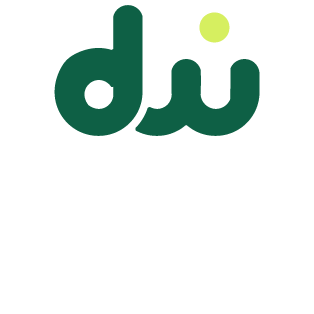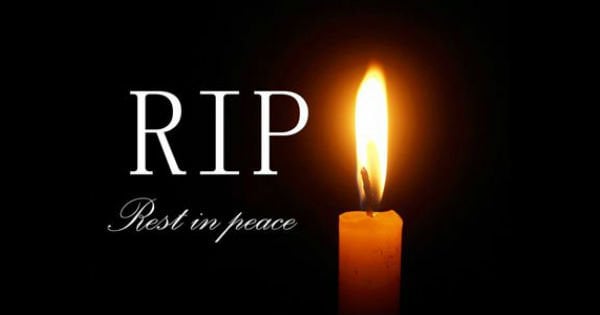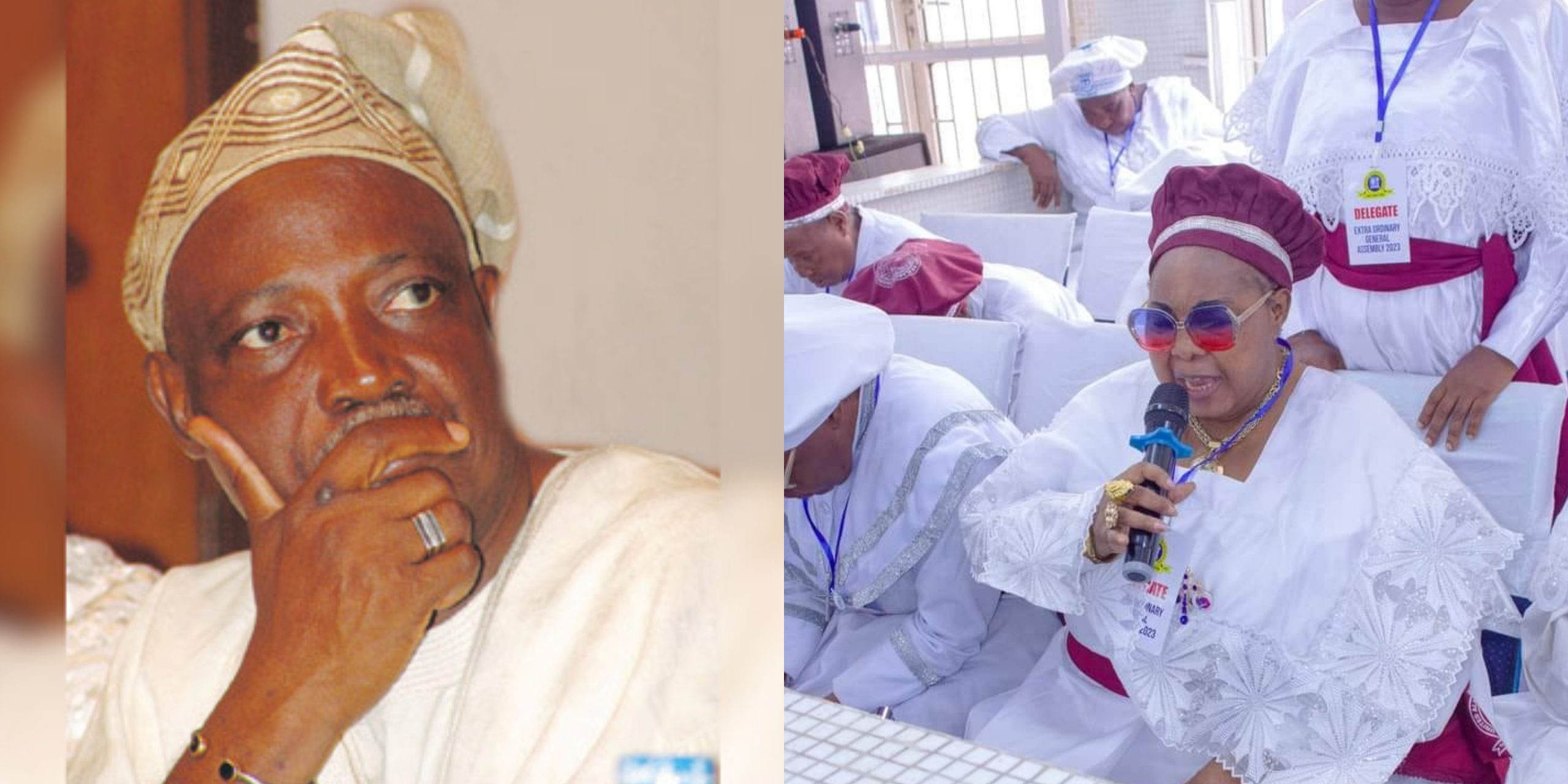The Federal Government has revamped Nigeria’s Basic Education curriculum, introducing 15 new trades to enhance the employability and practical skills of students in primary and junior secondary schools.
This updated curriculum will be implemented in January 2025, following approval from the National Council on Education.
The government plans to finalize preparations over the next three months to ensure both private and public schools are ready.
These preparations include teacher training, the development of instructional guides, and infrastructure improvements.
The curriculum aims to equip Nigerian students with modern skills like digital literacy, robotics, and various vocational and entrepreneurship opportunities.
Students will have the option to choose from these courses, ensuring they graduate with practical knowledge relevant to the economy.
The government’s goal is to make students self-reliant and competitive, aligning with global standards.
The 15 new trades introduced in the Basic Education curriculum are:
1. Plumbing
2. Tiling and Floor Works
3. POP Installation
4. Event Decoration and Management
5. Bakery and Confectioneries
6. Hairstyling
7. Makeup
8. Interior Design
9. GSM Repairs
10. Satellite/TV Antenna Installation
11. CCTV, Intercom Installation, and Maintenance
12. Solar Installation and Maintenance
13. Garment Making
14. Agriculture and Processing (including crop production, beekeeping, horticulture, sheep and goat farming, poultry, and rabbit farming)
15. Basic Digital Literacy (IT and Robotics)




















Very good initiative, this may help our youth to be self relient, it reduce the burden on government on unemployed youth, it may boost the economy of the country, it make the country to become producer rather than always consumers,